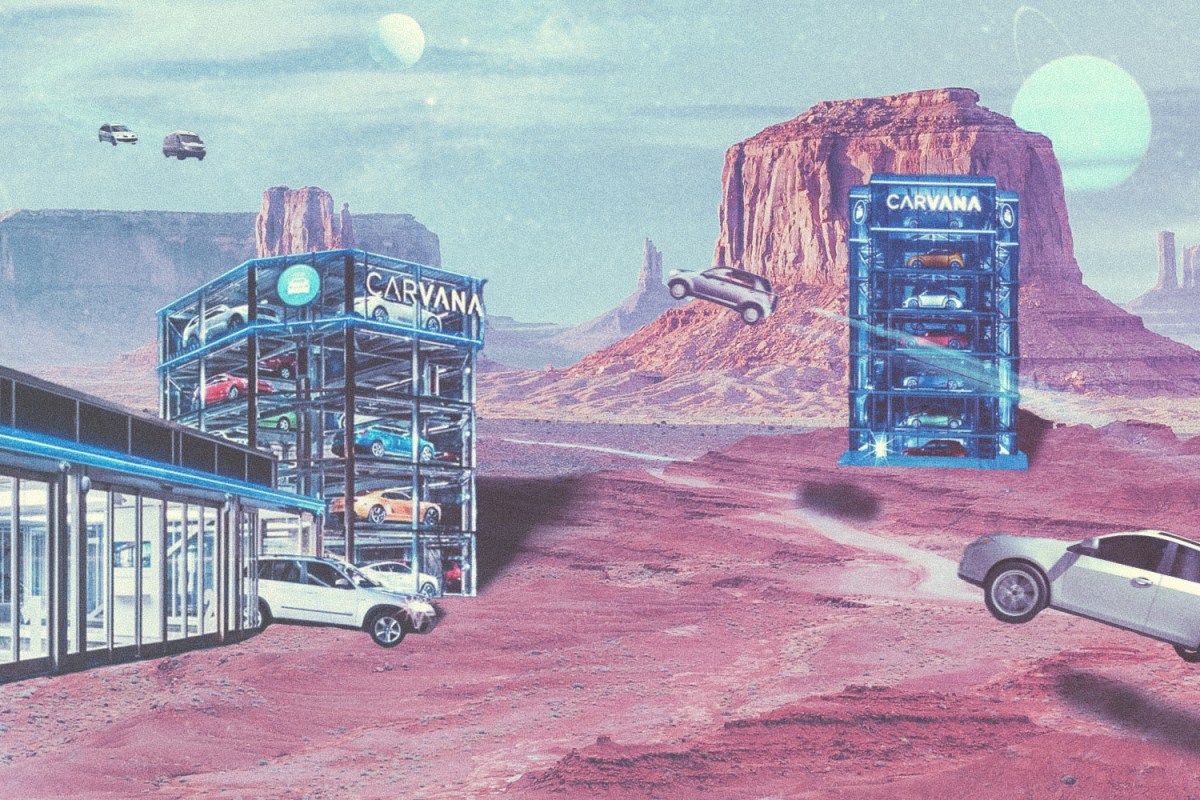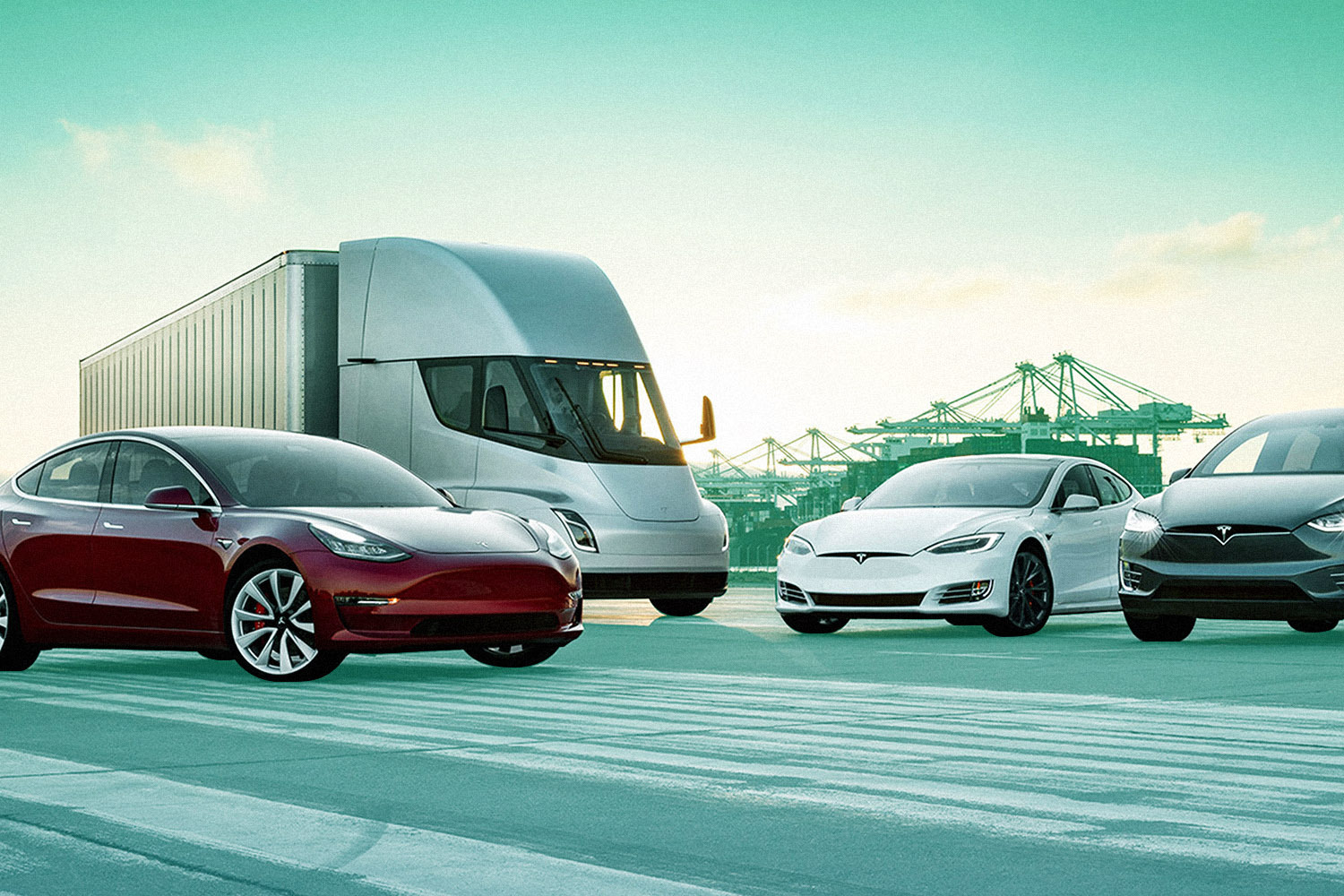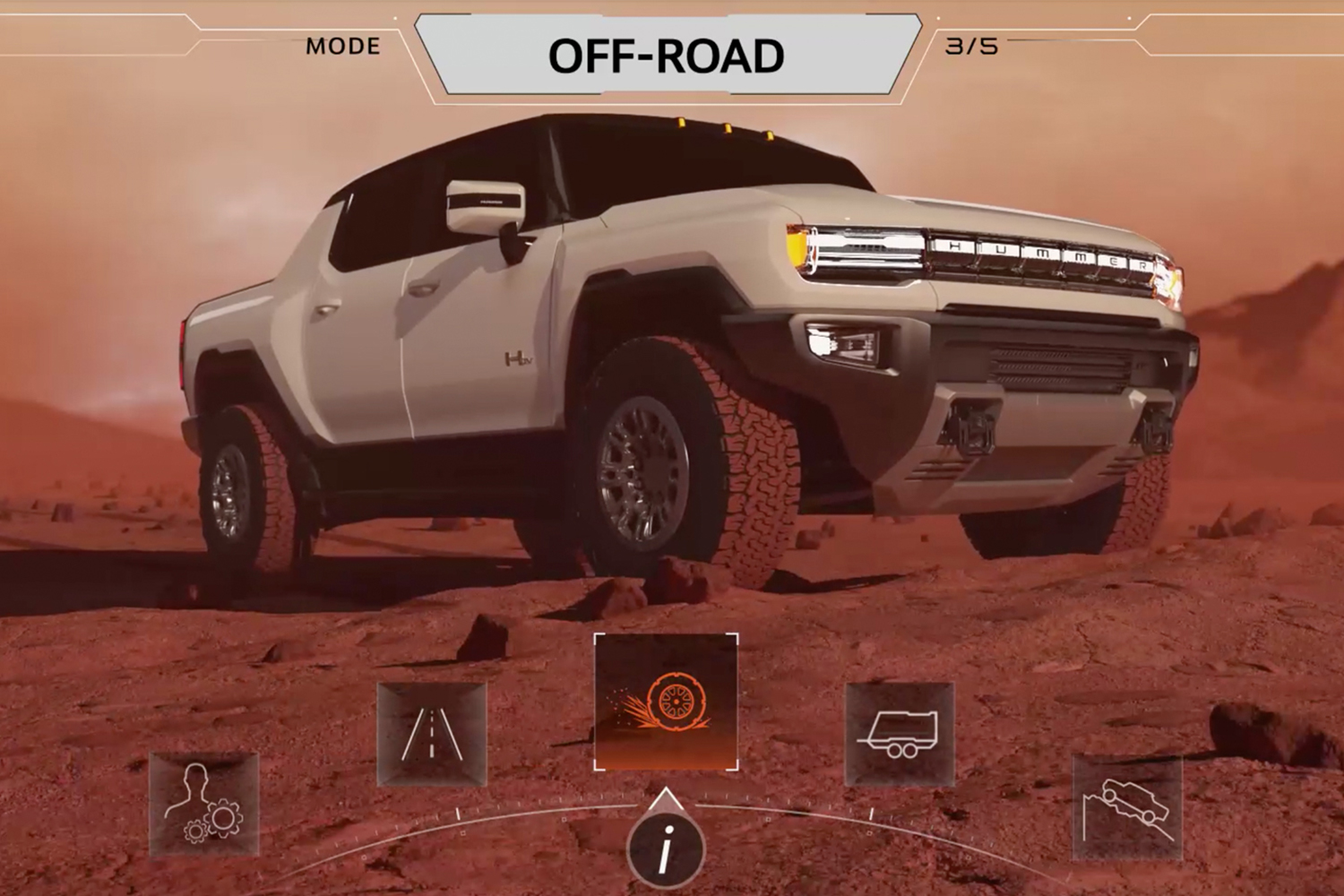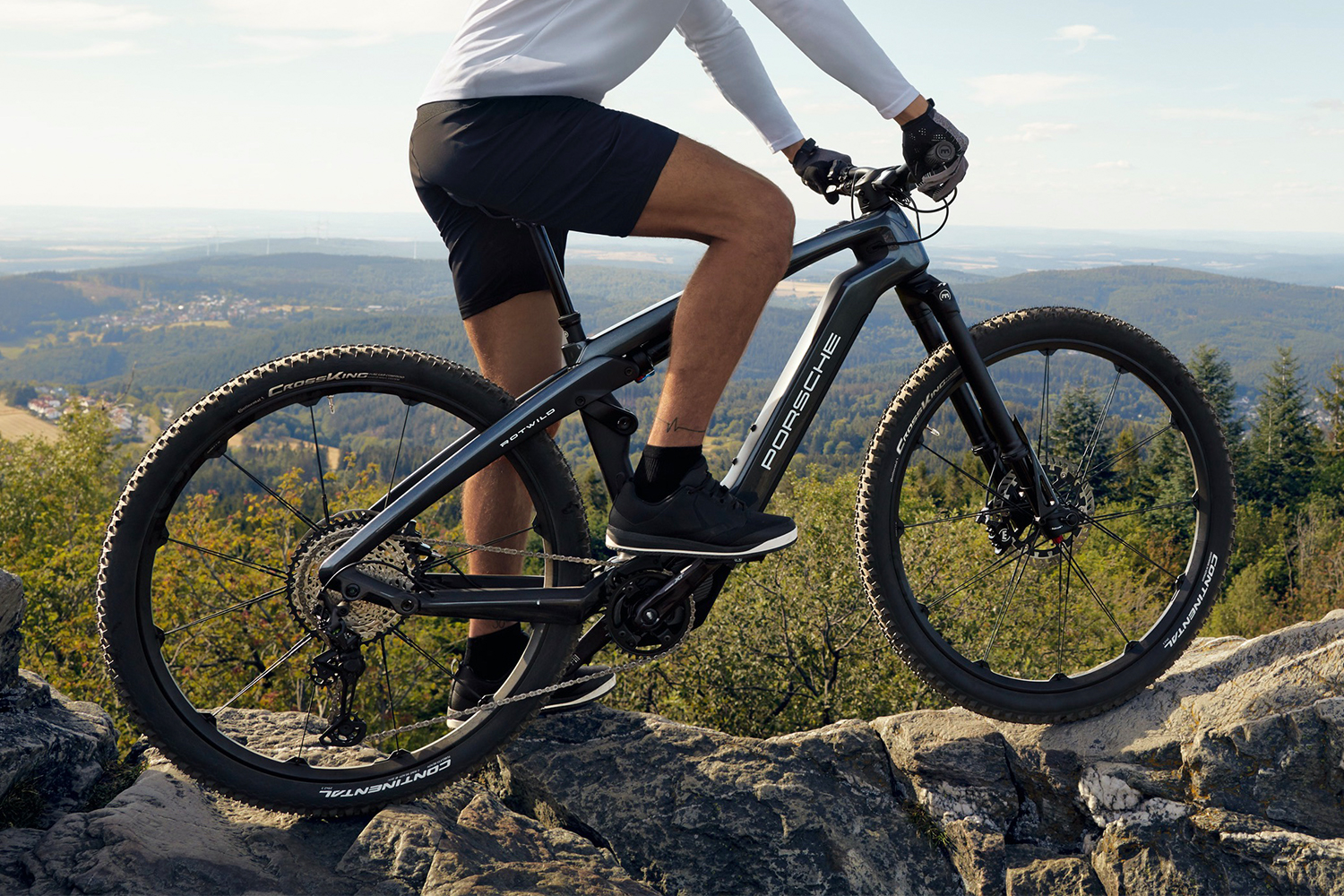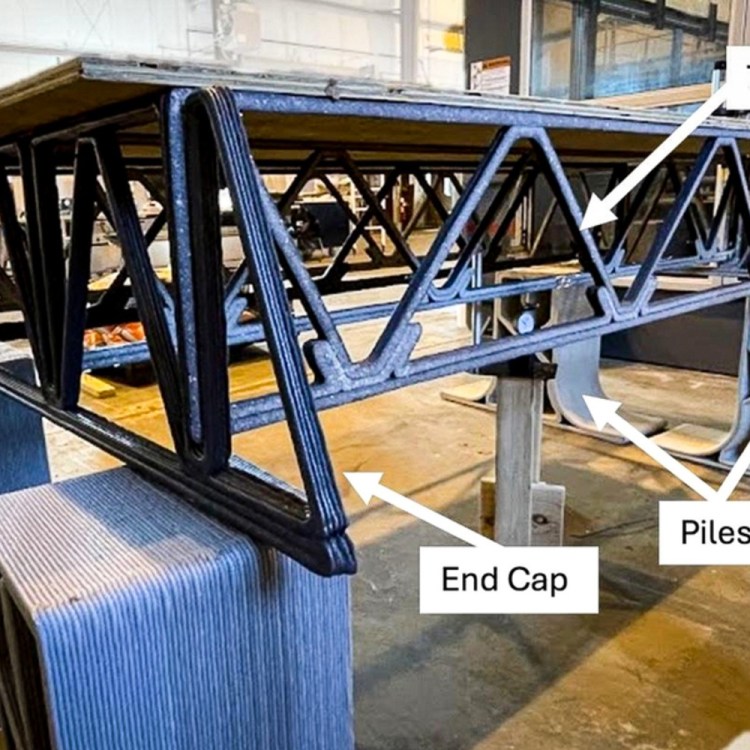Over the next two weeks, we’ll be publishing a series of interviews with thought leaders from a number of industries about the impact of COVID-19 and — more importantly — the improvements they expect to last well into the future. Get to know Post-Pandemic America.
In the history books, the car story of the pandemic will be, without a doubt, Tesla. Elon Musk’s electric vehicle maker captured the attention of financial leaders, other automakers and the general public due to the company’s meteoric stock market rise (as well as the CEO’s dangerous, brainless Twitter rhetoric). When we tried to figure out how a relatively small automaker became the most valuable in the world, one expert summed it up like this: Tesla is not a traditional car manufacturer, it’s a tech company, and as such it has much greater potential.
Carvana certainly isn’t as sexy as Tesla, but it’s the other car story you need to know from the pandemic, one with potentially more immediate impacts on your life. And it has many of the same hallmarks: the company’s business model seems simple — an online used car retailer you probably know from their distinctive “vending machines” — but it’s their proprietary tech that’s important. They’ve gained prominence in a short time, becoming the second largest used car retailer in the U.S. in eight years, and the stock price has been on a tear this year, hitting a high in March 2021 that was almost triple the company’s high before the pandemic was declared.
It’s widely accepted that the disruption caused by Tesla accelerated the auto industry’s shift to electric vehicles. As Ryan Keeton, chief brand officer at Carvana, points out, automotive retail is a one trillion-dollar industry in the U.S., but new cars only make up about a third of that, while used cars take up the other two thirds. Keeton’s company, which he co-founded with CEO Ernie Garcia, III and COO Ben Huston, was already on its way to being the disruption that would force the hand of the auto industry to move the car-buying experience online, and because of the pandemic, that’s now happening faster than Carvana expected.
At the beginning of COVID-19’s surge into the U.S. in March, Keeton tells InsideHook “there was a bit of whiplash” with the company moving quickly from a place of uncertainty to “a massive surge in demand.” That’s not only for vehicle sales, which increased 37% in 2020 to 244,111, but also in the vehicles Carvana bought from consumers, which increased 95% last year to 204,000.
It makes logical sense. People were stuck at home, so those who wanted to buy a car could do it all online, and Carvana could deliver it to their door through Touchless Delivery, a feature they launched two weeks after the pandemic was declared. On the other end, people who needed some extra cash but no longer relied on their Toyota Prius for commuting could sell it to the company through the same convenient platform. Even as the current need for these features subsides with the health crisis, the desire for the online convenience is likely to only increase.
But defining Carvana simply to the buying and selling of cars is to miss the point entirely, and the oncoming changes they’re ushering in.
The Amazon-ification of Car Buying
For all the growth we just cited for Carvana’s business, there’s one big asterisk. Despite achieving its first operating profit ever in the third quarter, they still posted a huge net loss for the year: $462 million, an increase of about 27% over 2019. That discrepancy, between sales and profit, between stock price and reality (Carvana stock is currently worth double that of CarMax, the only used car retailer ahead of them), also draws comparisons to Tesla. More accurately, though, it calls to mind Amazon, who posted net losses and middling profits for years before hitting it big.
Carvana has been likened to the empire of Jeff Bezos for a number of other reasons. For one, Amazon was never only about moving the bookstore business to the internet. It was about changing the entire experience and, for better or for worse, meeting the most basic desires of the customer that they didn’t even know they wanted.
“When we built Carvana, it wasn’t just, ‘Let’s go find something that’s not online and bring it there.’ We realized that the customer experience of buying a car — people don’t love it. It takes a lot of time,” explains Keeton. The company’s solution was to introduce technology “that would enable someone to buy a car in as little as five minutes.”
That goal seems to have panned out. In an end-of-year report where Carvana compiled some of last year’s data, the company picked out its four fastest selling cars, including a 2018 Volkswagen Jetta that was clocked in at a listed-to-sold time of one minute. It seems pandemic-induced impulse buying extended beyond Pelotons and Ember mugs.
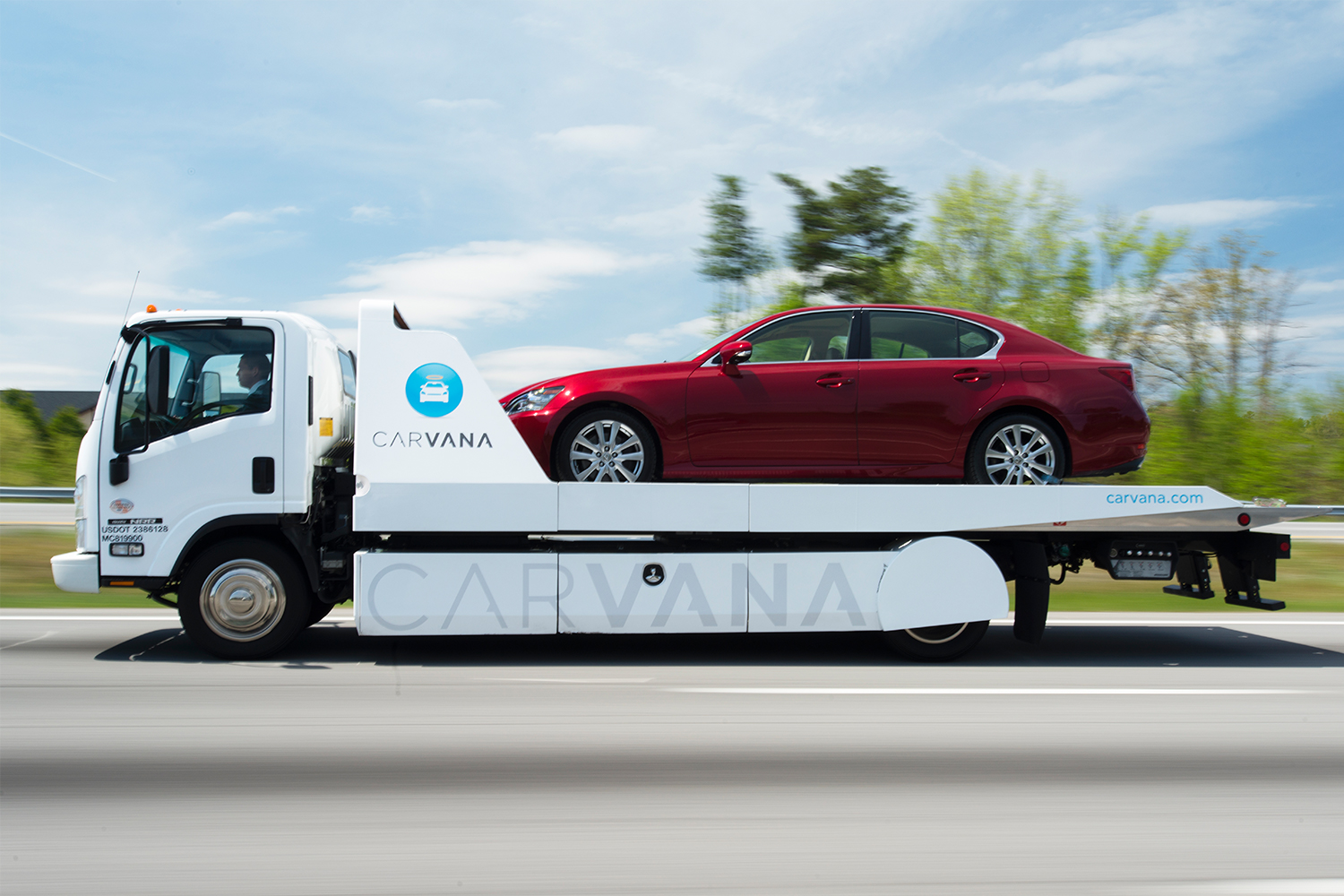
Want to Sell a Car Online? Make It Painless.
For the online car-buying experience to really take hold, though, companies that want to usurp traditional in-person dealerships need to do more than cut down on time. After all, we’re talking about a major consumer purchase, not novels or toilet paper. While these new internet dealers can never, by their nature, provide the same face-to-face experience as the used lot in town, they can remove the anxieties and frustrations that are baked into the dealership experience, and we’re not talking about people who wear their mask below their nose.
“[Financing] is the core, I think, of what Carvana has done,” says Keeton. While he admits it’s not the “sexiest” part of car buying, it’s one of the most important elements of the company, and for the potential proliferation of online car buying. Vroom, the main Carvana competitor essentially building out the same service, also makes simple financing a big part of their pitch.
“We basically have proprietary technology in credit scoring and all of this complex math and data science, where in sub-second speed, we’re calculating you across more than 20,000 car combinations,” Keeton explains. “So that way, when you’re looking at a Honda Accord or a minivan, we have these dials where you can actually see the real terms that are for you. So you can see it’s going to be $500 down, here’s your monthly payment, here’s your APR. And you’re like, hey, you know what? I have a stimulus coming in or whatnot, and I’m going to put another couple $100 down.”
“That was very, very — and still is — super cutting edge,” Keeton says.
The other way Carvana is adopting the Amazon structure comes down to two words: vertical integration. The company isn’t an aggregator for used car listings; they do everything from buying cars to inspection to distribution to financing, which is somewhat of a logistical nightmare for a startup, but holds the promise of an end point — if they can scale up, iron out the kinks and start to turn a profit — that is an undeniably convenient experience for the buyer.
And yes, that includes free shipping if you’re in their delivery area. Which means the end goal, like Amazon, is everyone being in their delivery area.
The Tech Startups vs. the Old Auto Guard
The move to online car shopping has been slow, as evidenced by a recent New York Times feature that listed Tesla as the main champion in the new car market, and Carvana in the used market. In the former world, the crawl has a lot to do with the power wielded by legacy automakers and their dealerships. That’s why Musk and EV rivals like Rivian and Lucid Motors are teaming up to make direct sales, and by extension online sales, the norm in the U.S. instead of the exception.
While Keeton doesn’t necessarily see Carvana’s mission as the same as that fight, he does view this push for online car sales across the industry as a “rising tide lifts all boats” situation.
“The more awareness that’s being built, I think the more understanding and eventually adoption and acceptance of buying a car online,” he says. “Certainly when you look back 10 years ago, to where it’s gotten now, it’s been crazy the growth that’s happening there.”
There’s still plenty of room to grow, though. According to Carvana’s end-of-year letter to shareholders, despite being the second largest used car retailer, they still only hold about 0.7% of the market. In short, there are lots of places to buy broken-in Fords and Toyotas, and that piecemeal landscape is not going to change overnight.
But with electric vehicles, we’ve seen that once drivers go EV, they’re not likely to go back. The same is likely true of the online car-buying experience, and with more people turning to their computers and phones to click to buy their next SUV during the pandemic, that transition just got a shot in the arm.
This article appeared in an InsideHook newsletter. Sign up for free to get more on travel, wellness, style, drinking, and culture.
